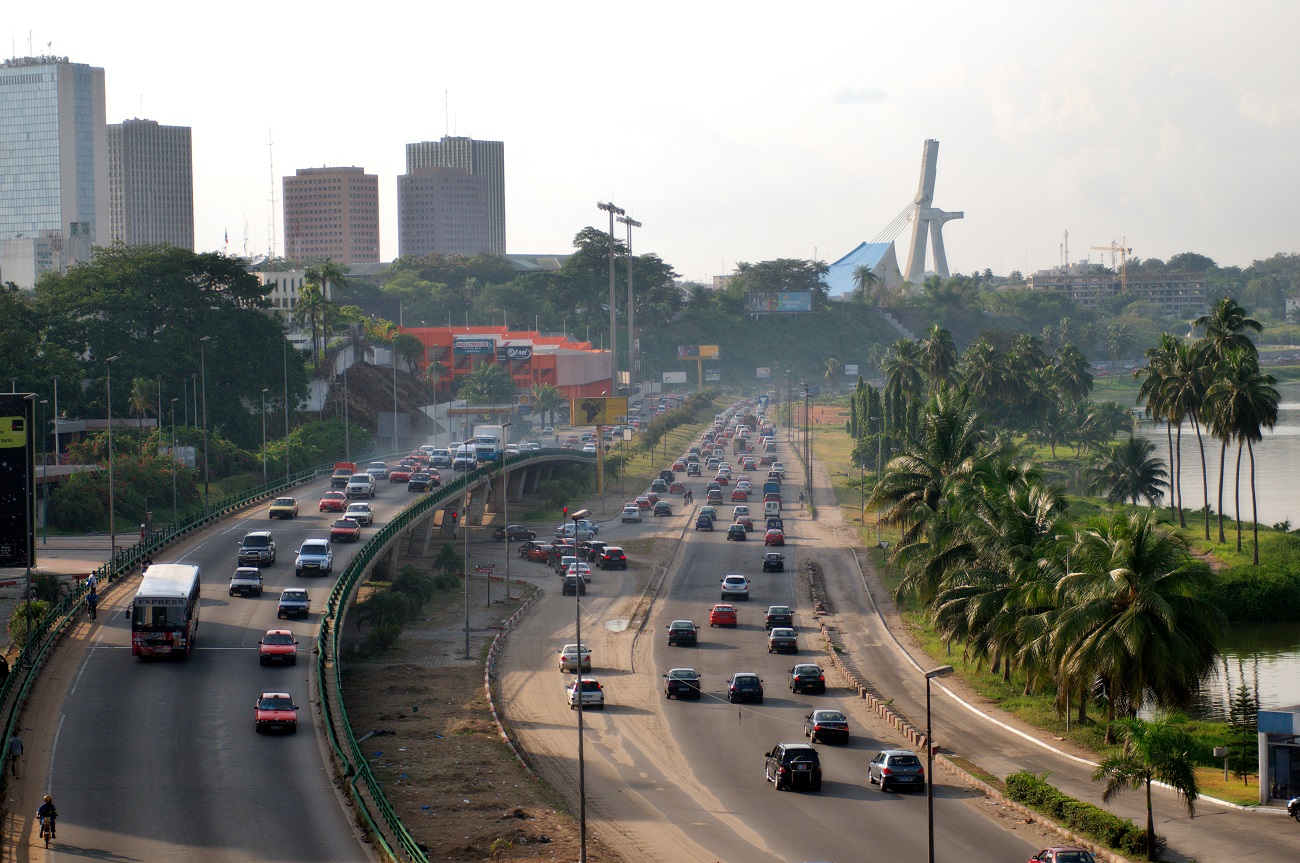AFI launched its Regional Office in Africa on 15 September 2017 during the 2017 AFI Global Policy Forum (GPF) held in Sharm El Sheikh, Egypt. The AFI Africa Regional Office is hosted by the Ministry of the Economy and Finance of Cote d’Ivore and the Central Bank of West African States (BCEAO), in Abidjan, Cote d’Ivoire.
With the establishment of its Regional Office, AFI seeks to ensure greater proximity to its members in Sub-Saharan Africa (SSA) and Middle East & North Africa (MENA) and respond efficiently to their needs. The Regional Office will also enhance the network’s ability to support its members in working on specific regional priorities, sharing regional knowledge, and translating global financial inclusion issues into practical implementation at regional and national levels.
“A milestone has been achieved with the opening of the AFI Regional Office for Africa and the Middle East. This will strengthen the policy intervention mechanisms of the concerned countries in deepening financial inclusion,” Mr. Tiemoko Meyliet Kone, Governor of the Central Bank of West African States (BCEAO), told AFI earlier.
About AFI
The Alliance for Financial Inclusion (AFI) is the world leader on financial inclusion policy and regulation. AFI is a member-owned network of over 110 financial inclusion policy-making and regulatory institutions from 95 developing and emerging countries around the world, covering up to 85 percent of the world’s unbanked. AFI promotes and develops evidence-based policy solutions that help improve the lives of an estimated 2 billion unbanked, almost half of the world’s adult population, who do not have access to formal financial services.

